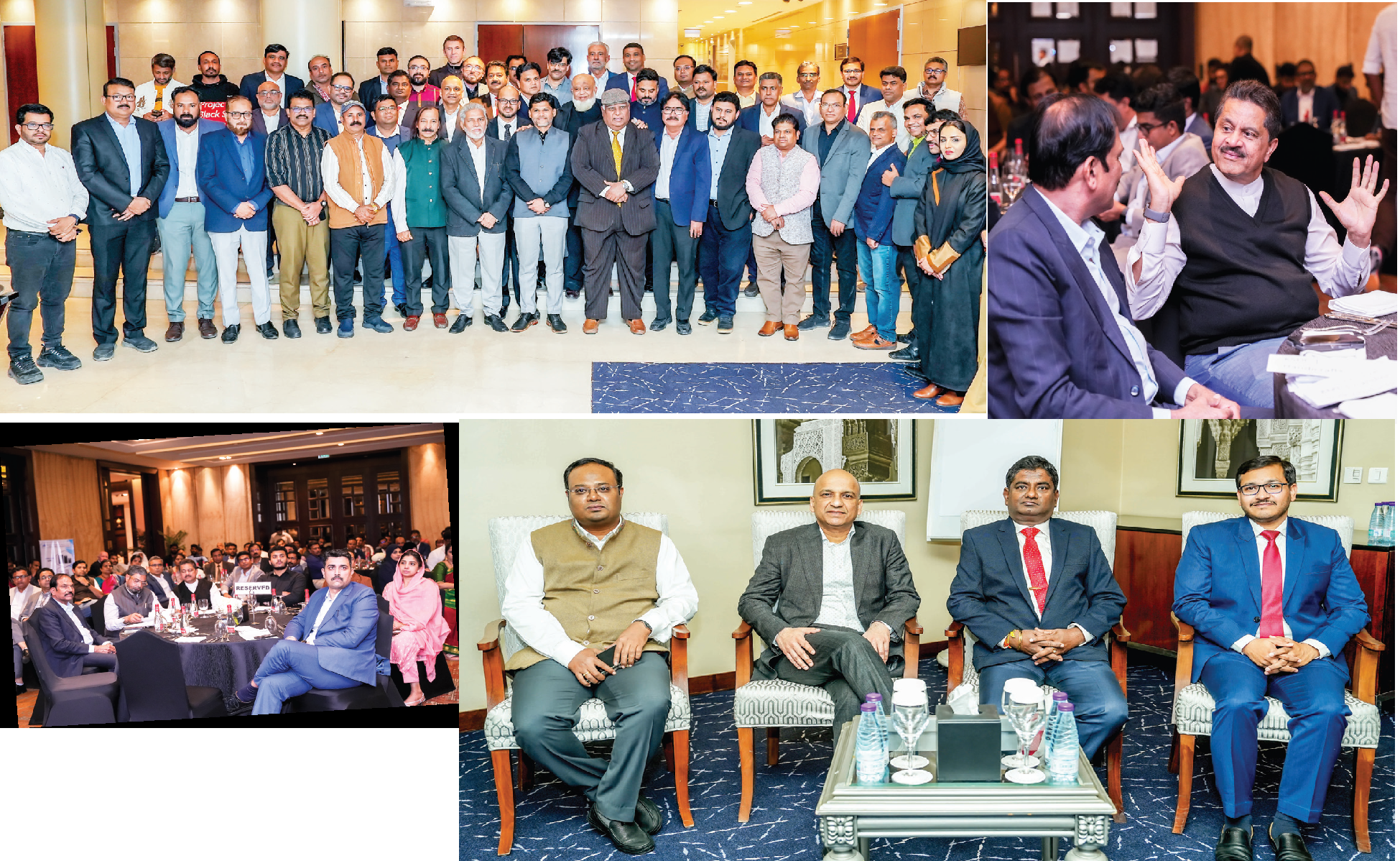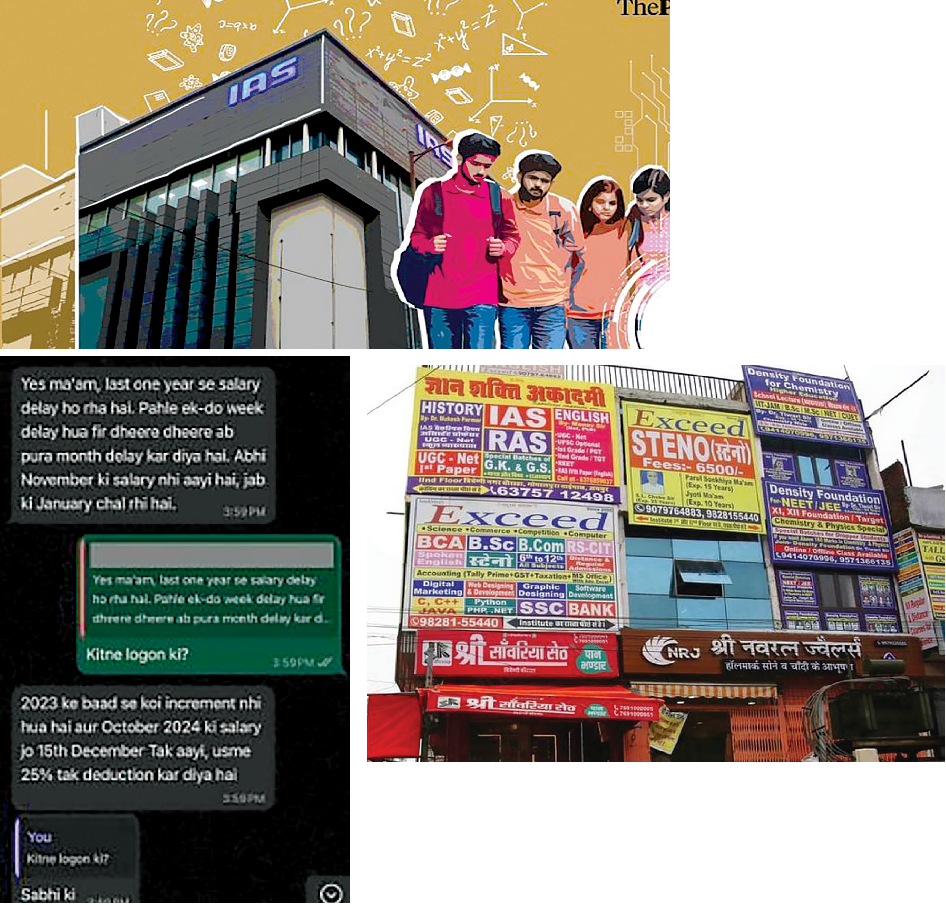
India’s agro-based industries may benefit from new EU deforestation regulation
Soumik Dutta | NT
Bengaluru: The European Union's (EU) stringent deforestation regulation (DR) could provide new opportunities for India’s domestic agro-based industry players against global competitors, as the forest cover in India is increasing significantly.
While several countries in Latin America and Africa have cleared their forests for agricultural purposes, India's forest cover is increasing and in India forests are not cut for agricultural activities. There are clear government ruled demarcation on forest land and agricultural lands.
According to a report by think tank Global Trade Research Initiative (GTRI), India's exports of products like coffee, leather hides and paperboard worth USD 1.3 billion annually to the European Union might get impacted due to the deforestation regulation adopted by the EU, if a clear case for India’s agricultural land use and increasing forest cover is not made before the EU elucidating the green measures being adopted in India.
Within three weeks of introducing the carbon border tax, the EU Council on May 16, adopted the European Union Deforestation-Free Products Regulation (EU-DR).
The EU-DR appears to prioritise protecting its own agricultural sector and promoting exports, making imports more difficult, as it is a trade barrier disguised as a green measure.
The regulation covers cattle, buffalo, the meat of bovine animals, preparations, oil cake, soya beans, palm oil, cocoa bean, powder, chocolate, coffee, leather hide, skin, paper, paperboard, wood, wood articles, wood pulp, boards and wood furniture.
According to a trade experts, as the country's forest cover continues to witness an encouraging upward trend, Indian agricultural producers find themselves in a favourable position to cater to the EU's sustainable demands without resorting to forest clearance for agricultural purposes.
India's total forest and tree cover is now spread across 80.9 million hectares, which is 24.62 per cent of the geographical area of the country. Indian officials are continuously engaged with the EU on these issues, including CBAM (carbon border adjustment mechanism) on different platforms.
India has limited options to counter these measures as they are for all countries which trade with the EU. Taking the matter to the world trade organisation (WTO) dispute settlement mechanism too would not help because the mechanism is defunct at present, and imposing similar tariffs on EU products may also hurt Indian industry.
EU measures are a way to reduce their dependency on China and develop technologies and future-ready industry.
As per the deforestation regulation, Indian exporters have to ensure that these products have been grown on land, which has not been deforested after December 31, 2020.
The new rules will apply to large firms after 18 months and small firms after 24 months, thus, the timeline for large firms is December 2024 and for small firms is June 2025. For the products covered under the carbon tax and EU-DR, the EU's share in India's global exports is 23.6 per cent.
The EU claims it wants to reduce its contribution to global deforestation by promoting 'deforestationfree' products, but this is seen as a deceptive narrative, the GTRI report stated. India has a functioning block chain-enabled trace and track system being implemented by the Agricultural & Processed Food Products Export Development Authority (APEDA) for grape exports to the EU and other regions.
Experts are of the opinion that it could be adopted for all covered products, and make exporters aware of the compliance requirement.
 English daily published in Bengaluru & Doha
English daily published in Bengaluru & Doha






